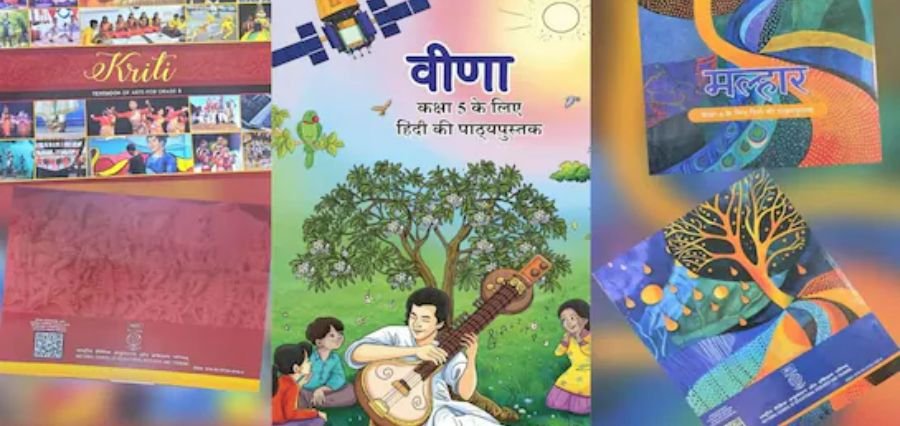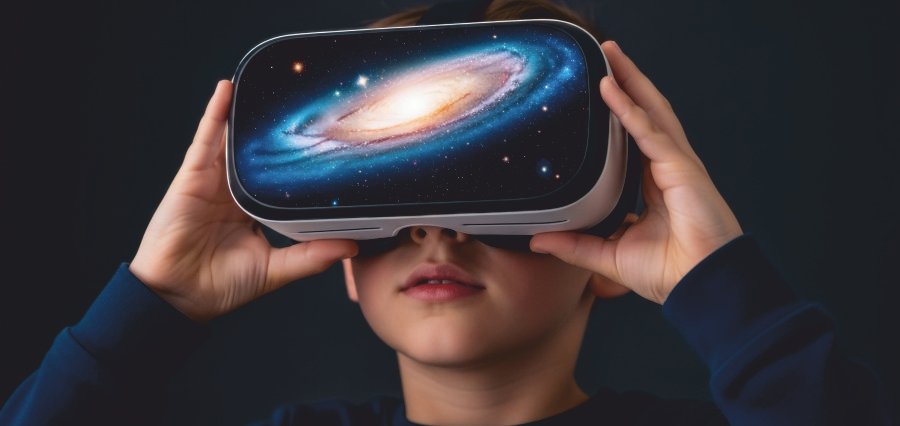Prime Highlights
- NCERT has made “Art” a mandatory subject from Class 8 from session 2025-26.
- The novel “Kriti” will cover theatre, music, drama, and visual arts as areas of study.
Key Fact
- Class 8 students are being compelled to study and pass the subject “Art” from 2025–26, in order to move to Class 9.
- This is being implemented based on the NEP 2020 and NCF-SE 2023 curriculum.
Key Background
Carrying forward the tradition of all- round education to its very end, National Council of Educational Research and Training( NCERT) has made a protestation that” Art” would be a mandatory subject for scholars of Class 8. The move is in line with the National Education Policy( NEP) 2020 and the National Curriculum Framework for School Education( NCF ‑ SE) 2023, both of which laid significant stress on all- round development and existential literacy.
The new book, “Kriti”, will be launched in the 2025-26 session and will touch upon all types of creative skills like theatre, music, drama, and fine arts. The subject will not only be part of the course syllabus but will also be a pass for the students to go to Class 9. The idea is to enhance imagination, problem-solving skills, and emotional intelligence by making students aware of art at the very outset.
This is one of a huge NCERT program to update books in several subjects and classes. Some of the other new ones like “Poorvi” and “Malhar” for Class 8 language, and “Santoor” and “Veena” for Class 5 have also been conceptualized. Others like “Curiosity” (Science) and “Kaushal Bodh” (Vocational Skills) are just a couple of examples of the vision of an integrated skill-based curriculum.
Addressing art education squarely within the school system, NCERT tries to reconcile intellectual requirements and imagination development. The turn-around is a consequence of the nature of art as nonacademic to becoming an intrinsic part of learning in general. Learners will be more participative in Indian culture, self-expression, and group learning—allowing education to be more relevant and enjoyable.
This revolution redefines learning by developing creative expression, cultural literacy, and diversity-driven learning-making students prepared for a more imaginative and empathetic world.





